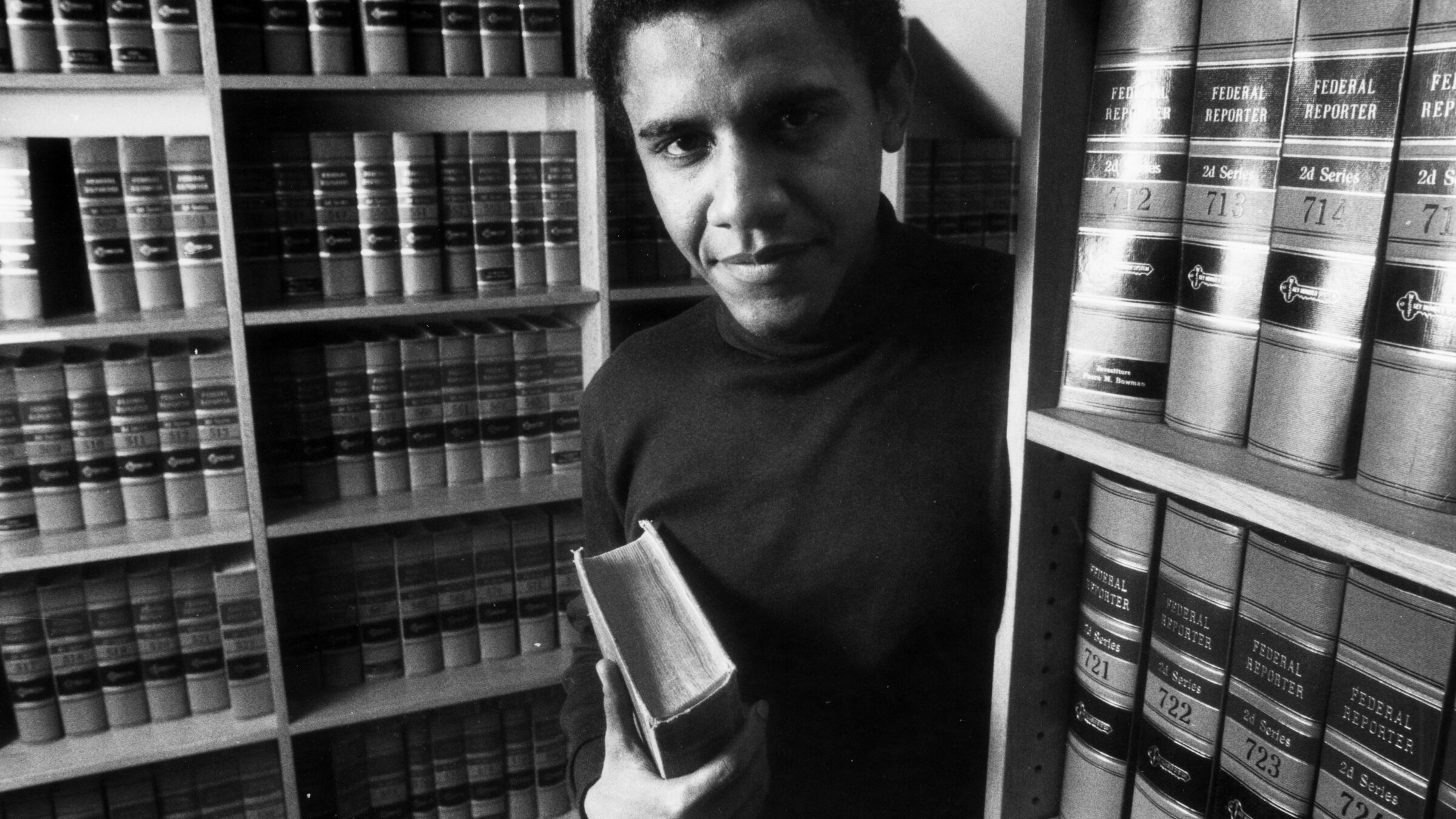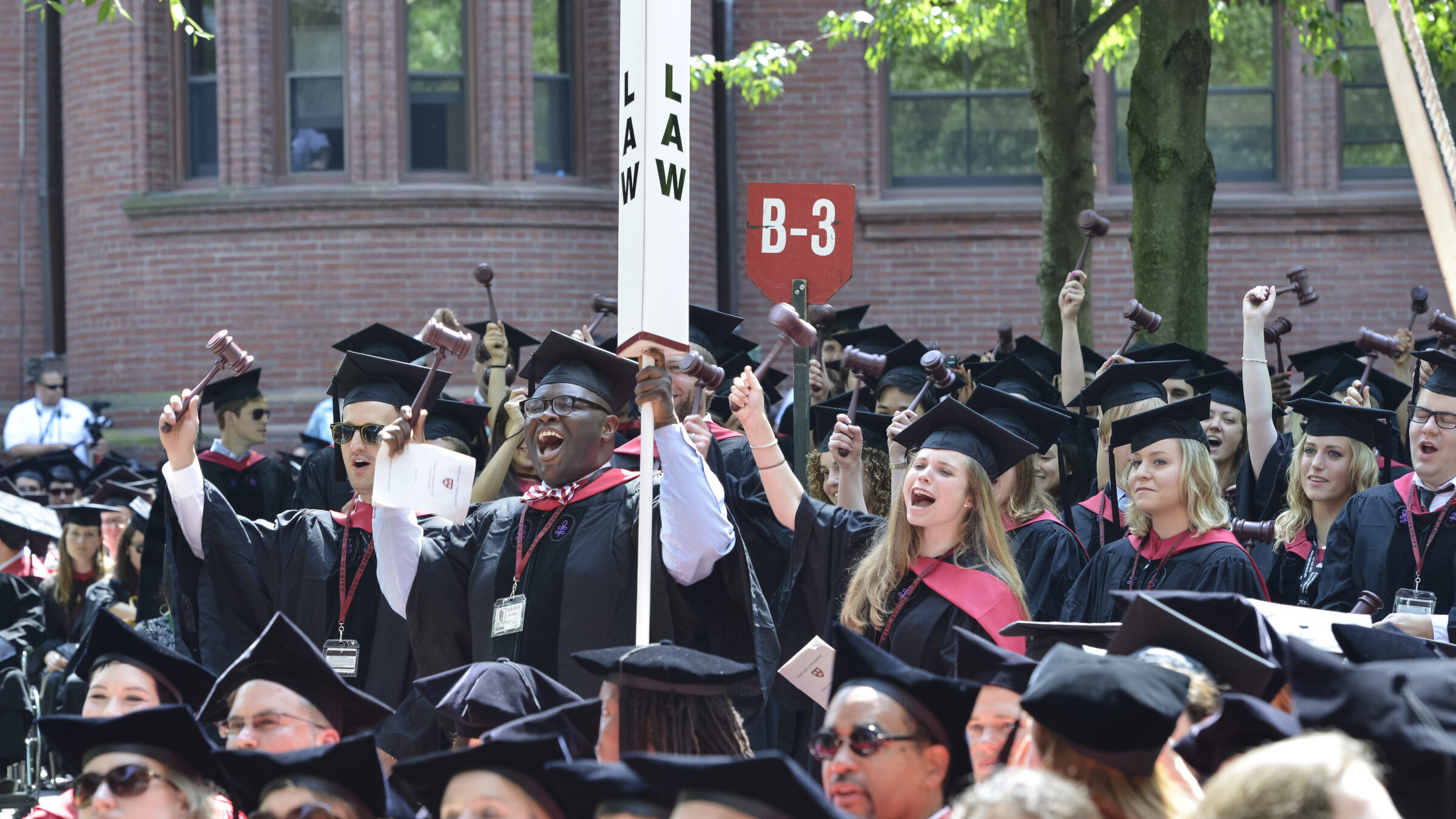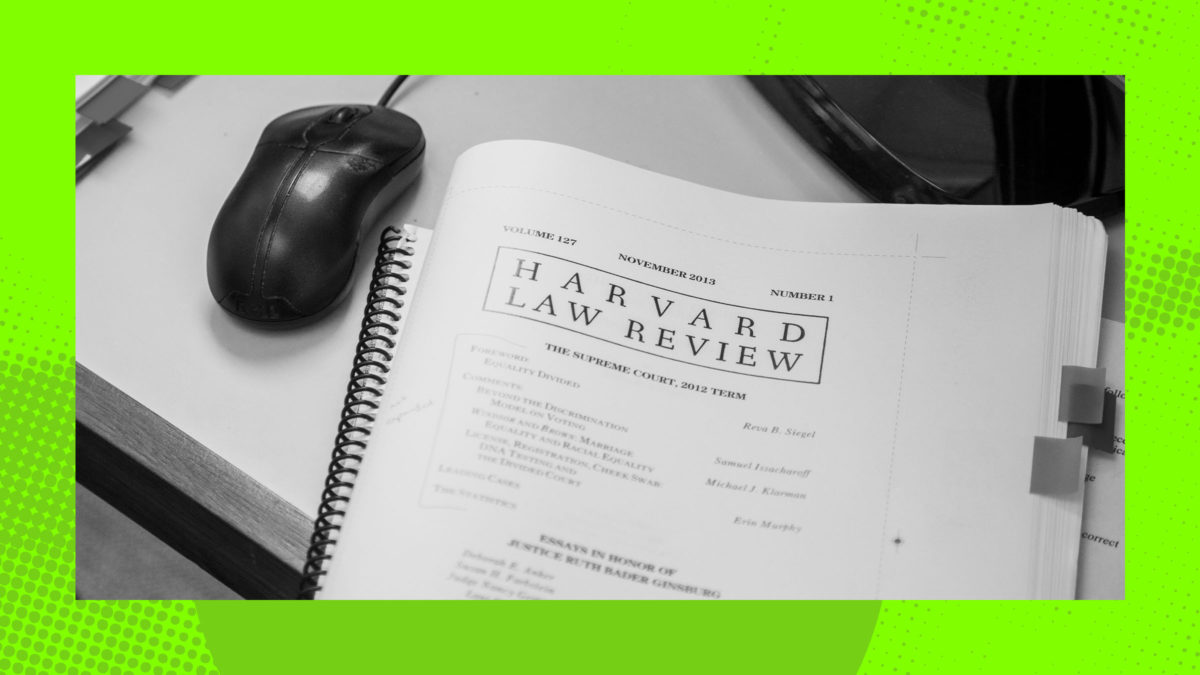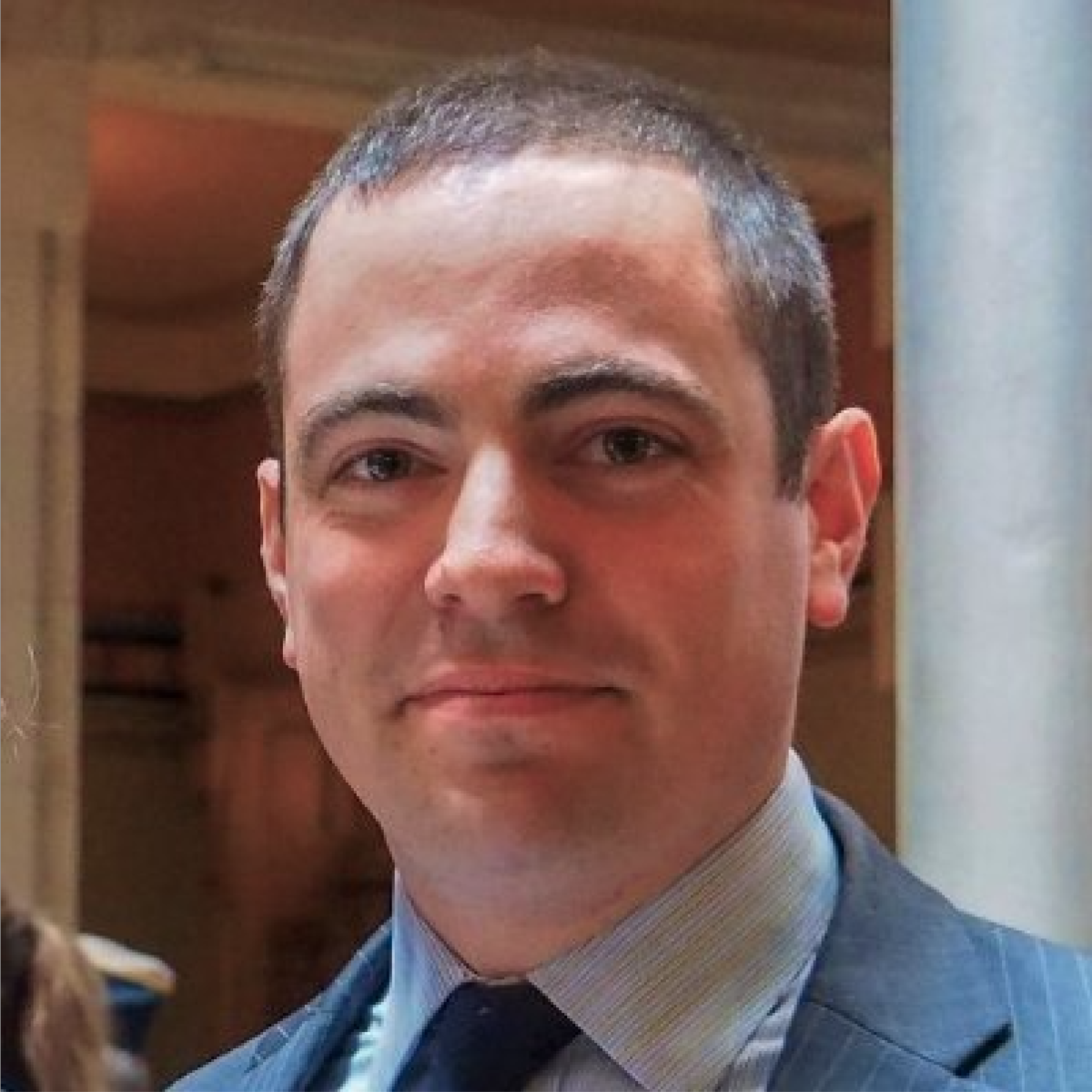All law students know the gold stars they are supposed to earn: top grades, law review, moot court competitions, competitive research and teaching assistant slots, published journal notes, and so on. Much of this advice stems from the maxim that law students, especially early on, should keep their options open. In practice, this often means attending on-campus interviews and networking events with big firms, chasing prestigious summer associate jobs that are a ticket to a successful (and lucrative) legal career.
This advice, however, does not necessarily apply to all legal careers. If your professional future involves crushing workers trying to unionize, facilitating the destruction of the environment, or defending child slavery, yes, you may be stuck having to do law review. But for students who want to go into legal aid, public defense, labor law, civil rights, or plaintiff-side work, spending precious free time checking for italicized commas may not be the best use of time.
This is the upshot of a recent survey conducted by the People’s Parity Project, a nationwide network of progressive law students and attorneys of which I am the Organizing Director. We reached out to public interest employers and law school public interest directors to see if the typical law school advice makes sense for anyone who isn’t gunning for a BigLaw job or Supreme Court clerkship. Based on our findings, the answer is no. Instead, many public interest employers say one thing matters above all else: a demonstrated commitment to public interest work.
“I don’t particularly give a shit about grades,” says Cook County (IL) Chief Public Defender Sharone Mitchell, Jr., who sits on hiring committees for incoming public defenders in his office. “What I am looking for is an empathetic person who wants to do this work and support folks–our clients, their families, and each other.”

Unidentified law review nerd (Photo by Lane Turner/The Boston Globe via Getty Images)
Part of the mismatch between law school advice and public interest employers’ needs is the overpowering influence of on-campus hiring for corporate law firms, which can act as a conveyor belt locking students into jobs as early as the summer after their first year. The pressure not to miss out on these opportunities can be difficult to resist, especially when the firms are bringing their six-figure paychecks to students’ doorsteps. “Law students are largely motivated people who haven’t often not known what their next step is,” says Mary Murphy, a public interest career at the University of Texas School of Law. “Uncertainty can drive people toward corporate law because they feel set early on.”
There is also an idea among many law students that they need to pursue the most exclusive opportunities, whatever those opportunities may be, to prove themselves—the idea being that if they can make it to the “top,” they will have their pick of other positions later. “Many students are ambitious and have been A-plus students, president of everything, and they see firms as the hardest thing to get into,” says Murphy, who describes it as an “If I am good enough to get into it, I should do it” mindset. Students worried about securing a job after law school are under immense pressure to take advantage of this low-hanging fruit.
Because this process starts so early in law school, first-year grades are one of the main qualifications for the most prestigious corporate jobs. As a result, law students are told to “make work your default state”—to attend every class, do all the reading, and take advantage of any extra review opportunities. Many law school advice blogs suggest that students should study at least 30-40 hours per week; presumably, students at the top of the class are doing even more.
What these suggestions do not consider, however, is the opportunity cost of collecting those grades. By devoting the equivalent of a full-time job to studying, students miss out on opportunities to gain real-world experience that is essential for public interest employers. “You can learn almost any area of substantive law on the job,” says Eric Tars, Legal Director at the National Homelessness Law Center. “I need to see a commitment to public interest work—school year and summer internships, volunteering on the side, something to show that you care about the work. Otherwise, that résumé is getting tossed regardless of your other skills.”
Other lawyers in charging of hiring echoed this sentiment. “Grades can say something, but mostly just to see that you’re going to class, so it may tell something about job performance for candidates with less professional experience,” says Munonyedi Clifford, Attorney-in-Charge of the Citywide Housing Practice at The Legal Aid Society in New York City. “I’m not sure that you can get an F and still set yourself apart, but ultimately it’s not the most important consideration.”
This is not to suggest that public interest employers ignore the letters on the transcript altogether. Organizations like the ACLU and certain public interest programs like the Skadden Fellowship want to see high grades, says Murphy. But most employers that her office works with are less concerned. “The way to show that you care about the work is to do it, and show that you know how to work with the communities that nonprofits serve,” she says.
Next to grades, the most common suggestion for law students is the need to make law review, which develops the research and Bluebooking skills that are important for clerkships, academia, and BigLaw jobs. Again, though, many public interest employers seemed less impressed, especially given the available alternatives with a closer connection to public interest work. “Research assistant positions with professors working in civil rights or social justice fields are great opportunities to develop good research and writing skills beyond what you would get on law review,” says Tars. “These can be better options for public interest-oriented students because you are analyzing relevant areas of law rather than just whatever comes to you on law review.”

(Photo by Rick Friedman/rickfriedman.com/Corbis via Getty Images)
Finally, several employers with whom we spoke cast doubt on the conventional wisdom that law students should prioritize keeping their options open, chasing competitive BigLaw jobs that they hope will set them apart on the hiring market. “Financial considerations are real. If you do one corporate summer, it’s not a big deal,” says Clifford. “But if your resume is firm-heavy, you will end up losing out to students who made a clearer commitment to public interest work.”
Mitchel, of the Cook County Public Defender’s office, shares this perspective. “We do hire folks from corporate backgrounds, but we are most attracted to people who have put a line in the sand and shown that this is what they want to do,” he says. Tragically, the one-size-fits-all nature of law school advice means that public interest-minded students who take a summer associate job might be unwittingly hurting their long-term career prospects.
Together, these conversations reveal a different pathway to public interest careers, and one that is likely more appealing to interested students anyway: doing the work that brought them to law school in the first place. Schools offer many opportunities to gain relevant experience, from clinics working in courtrooms alongside public defenders to externships working with legal aid attorneys doing eviction defense for low-income people. “Law school is when you have the time and space to focus on the topics and skill sets that will help you with what you want to do,” says Tars. “If you want to help people after law school, start helping them during law school too.”

